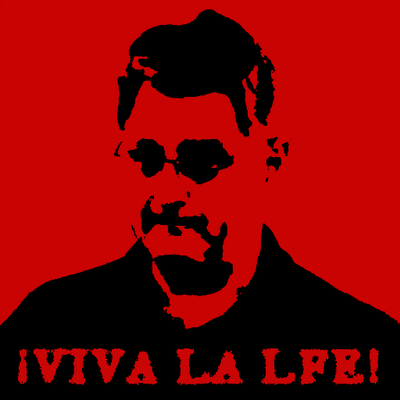“BUILD STUFF” is a Software Development Conference for people who actually build stuff. We bring world-class speakers, letting them share about the latest developments, trends and innovations, as well as new directions in software development. Since launching in 2012, it’s really caught on quickly.
Recognized by developers from all over Europe, international Software Development Conference Build Stuff’15 Lithuania will feature 3 days (18-20 Nov’15) of conference sessions and 2 days (21-22 Nov’15) of workshops.
